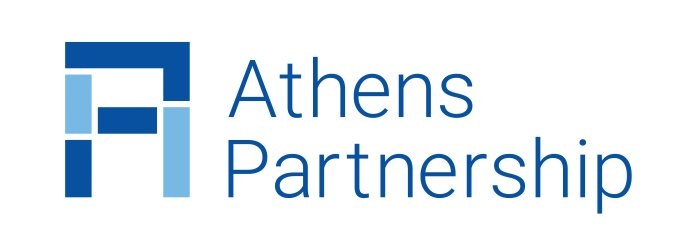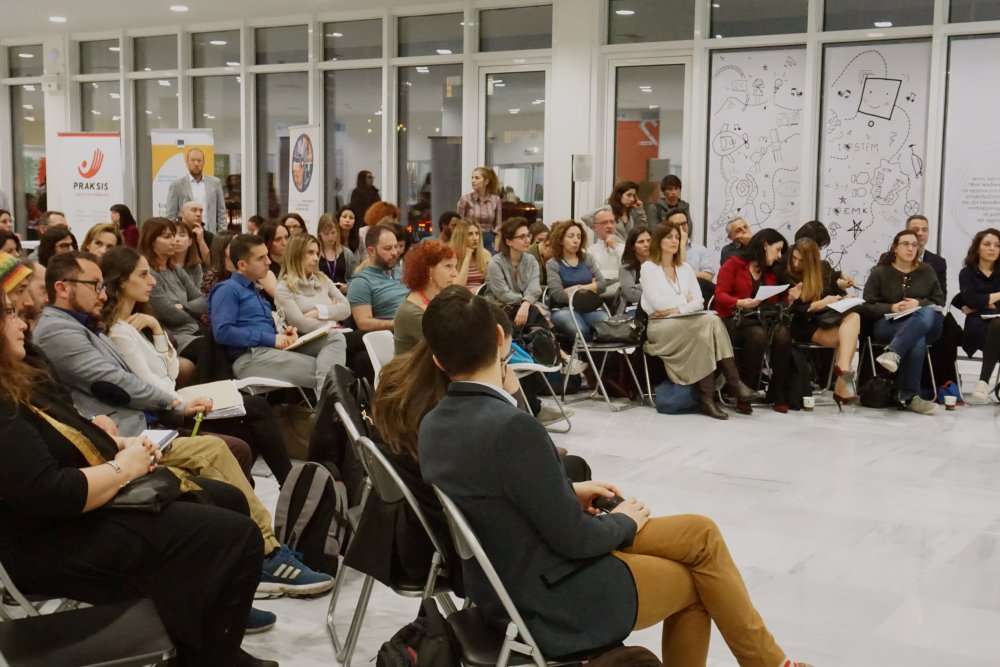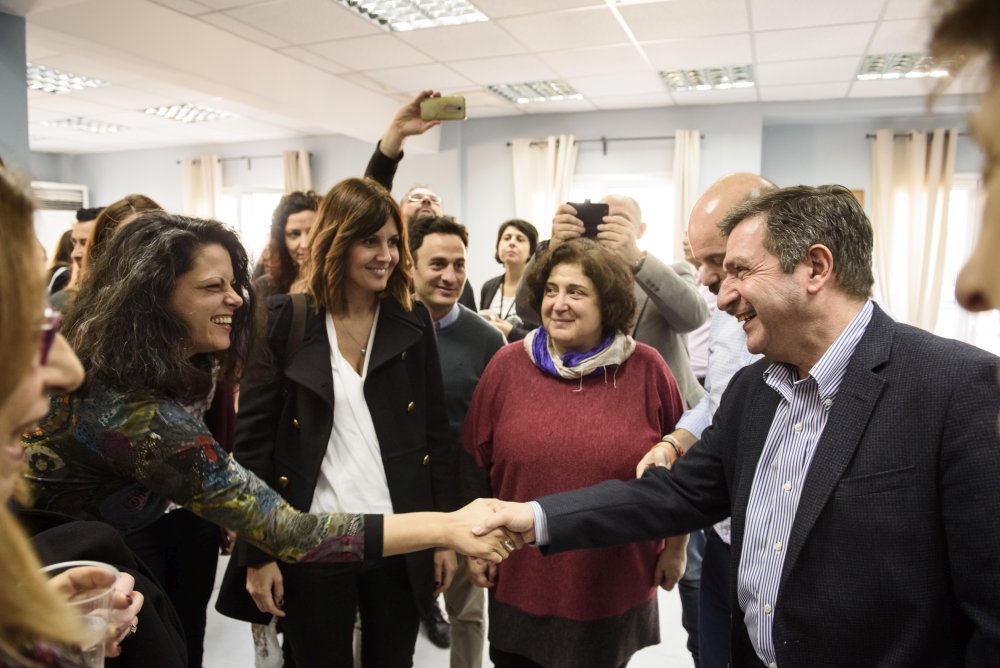The Council of Europe’s latest handbook on “Promoting Human Rights at the Local and Regional Level” includes the City of Athens’ Open Schools, a program coordinated by the Athens Partnership based on an exclusive grant by the Stavros Niarchos Foundation, as a best-practice example for promoting the smooth integration of refugee children. The Handbook presents 65 good practices implemented in over 25 countries all over Europe, aiming at showing how Local and Regional Authorities can implement initiatives that make human rights a tangible reality at the grassroots level.
The Council of Europe’s handbook states:
"By transforming 25 public schools into centres for scientific, creative and sports activities, as well as for language courses for Athenians and refugees, the city of Athens managed to bring together refugee and Greek children, increase the involvement and interaction of neighbourhoods and local schools in the refugee integration process and offer refugee children a safe environment where they can learn and spend time outside of their accommodation centres.
In 2015, the city of Athens launched the initiative “Open schools”, a programme aiming to transform the local public schools in the municipality of Athens into centres for sports, creative learning, language courses and other activities for all Athenians and refugees. With this initiative, the school buildings remain open from the end of school hours until 9:30 p.m. on weekdays and from 10 a.m. to 8 p.m. on weekends. Not only do the workshops enhance language skills and cultural understanding of refugee children, but they also contribute to a direct exchange among newcomers and resident population at all age levels. Using the school buildings to host creative workshops for all ages, revitalises the spaces and brings the local community together in an effort to increase the involvement and interaction between neighbourhoods and local schools. The programme is led by the city of Athens and financed by the Stavros Niarchos Foundation.
During the summer of 2016, 450 out of the 1,250 participants in activities of the open schools were refugees. Today the initiative comprises 25 public schools in the municipality of Athens and numbers 170 courses with a total of 10,184 participants.”











